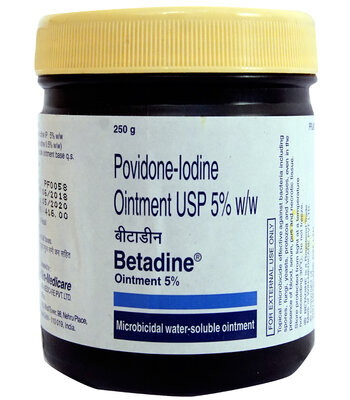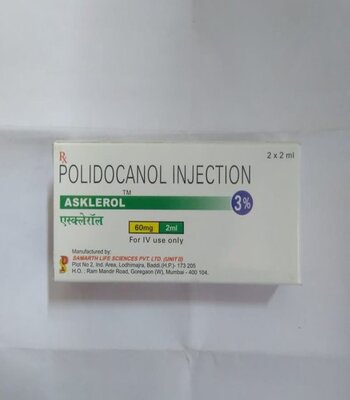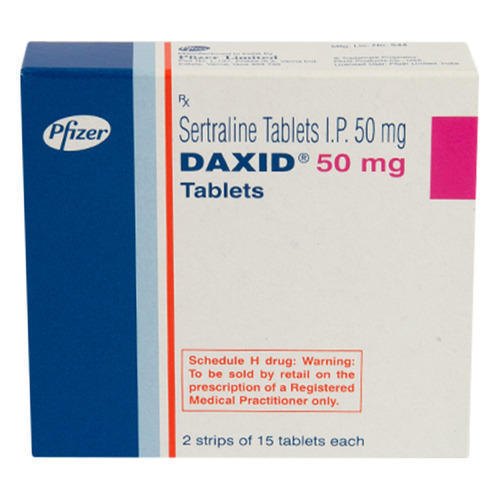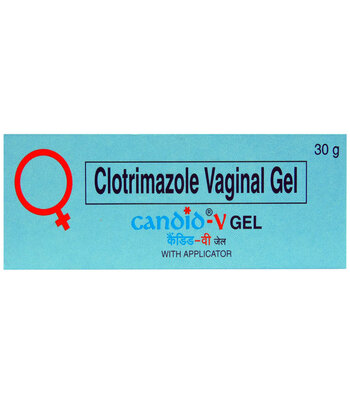Kwinil 300mg Tablet 10'S
INR 42.25INR 42.25
Category :
Sub Category :
MG Details :
QUININE 300MG
Packing :
10
Mfr by:
Intas Pharmaceuticals Ltd
Country of Origin:
NA
What KWINIL 300MG is used for?
It is used to treat,
Malaria
And prevent night cramps in adults and the elderly when sleep is regularly disrupted
Talk to your Doctor, if you:
Are allergic or hypersensitive to Quinine or any of the other ingredients of this medicine
Have blood in your urine
Have ringing in your ears
Have suffer from muscle weakness (myasthenia gravis)
Have problems with your eyes or difficulty seeing
Have been told you have a disorder affecting the red blood cells (haemolysis)
Have irregular heartbeats or other heart disease
Have had malaria for a long time
Have suffer from severe glucose-6-phosphate dehydrogenase deficiency (G6PD), as this can cause episodes of anaemia
Were born with or have any condition that causes an abnormal heart rhythm
Always take this medicine exactly as your doctor has told you
Swallow this medicine with water
If you take more KWINIL 300MG
If you (or someone else) swallow a lot of medicine or you think a child may have swallowed any, tell your doctor or contact your nearest hospital immediately
Symptoms of overdosage: loss of consciousness, difficulty breathing, changes in heart beat and heart function, kidney failure, fits, ringing in the ears, loss of hearing, headache, being sick, changes in vision, low blood potassium (causing muscle twitching/weakness or abnormal heart rhythm) and low blood sugar and sweating
If you forget to take KWINIL 300MG
If you forget to take this medicine take it as soon as you remember. Do not take a double dose to make up for a forgotten dose then take the next dose at the right time
If you stop taking KWINIL 300MG
Do not stop taking this medicine unless your doctor tells you to do so
Allergic reactions: itchy skin rash, swelling of the lips, face, throat or tongue, flushing, fever, asthma or sensitivity to light, sores in the mouth, nose, and eyes, a skin rash, blistering (Stevens-Johnson syndrome)
Cinchonism: abdominal pain, diarrhoea, disturbed vision (blurred vision, changes in colour perception or field of vision, total blindness), headache, ringing in the ears or impaired hearing, rashes, loss of consciousness, fits, shock due to heart problems, irregular heartbeats
Changes to blood cells as seen in blood or urine tests, bruising or bleeding easily, nose bleeds or sore throats and infections
Tell your doctor if you are taking,
Anticoagulants (used to stop your blood from clotting)
Cardiac glycosides like digoxin (used to treat heart problems)
Chloroquine, mefloquine, artemether with lumefantrine, primaquine, halofantrine, dapsone (also used to treat malaria)
Cimetidine (used to treat stomach ulcers or acid reflux and indigestion)
Amantadine (used to treat Parkinson’s disease or some viral infections)
Ciclosporin (used to prevent transplant rejection)
Flecainide, quinidine or amiodarone (used to treat irregular heartbeats)
Astemizole or terfenadine (used for allergic reactions)
Pimozide or thioridazine (used to treat some mental disorders)
Moxifloxacin, rifampicin or antifungals (used to treat infections)
Medicines to treat diabetes
Suxamethonium (muscle relaxant)
HIV medicines
Barbiturates, carbamazepine or phenytoin (used to treat epilepsy)
Medicines which are known to cause disturbances in heart rhythm
Levacetylmethadol (a pain killer)
Storage
Keep this medicine out of reach of children
Store at a room temperature of 15-25°C
Disclaimer:
The contents of this website are for informational purposes only and not intended to be a substitute for professional medical advice, diagnosis, or treatment. Please seek the advice of a physician or other qualified health provider with any questions you may have regarding a medical condition. Do not disregard professional medical advice or delay in seeking it because of something you have read on this website.












